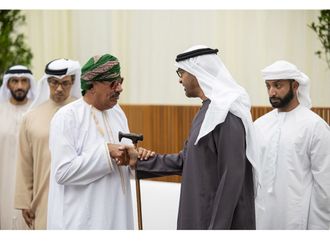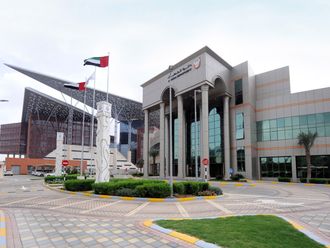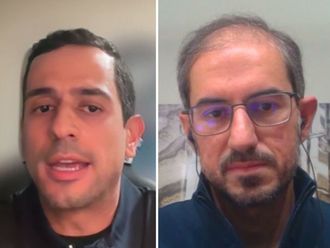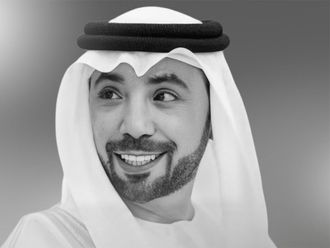Dubai: People and partnerships can carry the UAE towards a knowledge economy that is less dependent on oil, its main revenue source, a minister said on Thursday.
Shaikh Nahyan Bin Mubarak Al Nahyan, Minister of Culture, Youth and Community Development made the comments during his keynote address to the Harvard Arab World Conference at Dubai’s Atlantis, The Palm resort.
The annual conference, held in a different Arab city every year, focused on strengths and challenges facing the region.
Shaikh Nahyan said the UAE needs to diversify its economy and continue “global partnerships” that led to its rapid development. He added that the UAE success story includes expatriate contributions, adding that securing a prosperous future lies in developing its biggest resource – people.
“Emiratis recognise that economic success will continue only if expatriates feel welcome here,” he said. He added that progress was also “fuelled by dedicated citizens.”
Shaikh Nahyan lauded the UAE leadership in steering the country towards sustainable development, which includes clean energy initiatives such as the “zero-carbon” Masdar City in Abu Dhabi.
He also said technology and social media companies have changed the way the world communicates and does business, and called for innovation to stay competitive.
“Twenty first century graduates must understand the complexity of the world today.”
Shaikh Nahyan said the US-based Harvard University provided exemplary education and promised to closely assess ideas discussed at Thursday’s conference.
More than 25 speakers were scheduled to take the stage yesterday, including Harvard alumni Omar Alghanim, CEO of Alghanim Industries.
Alghanim said the region has plenty of “capital and ideas” but the biggest resource – talent – is still scarce.
“Ultimately, it’s the people who run businesses,” Alghanim said.
The CEO said “meritocracy of people and ideas” should take priority over “wasta” – personal connections and influence used for self-benefit.
He explained that idea meritocracy means taking suggestions on board on merit alone.
“The best idea wins, wherever it comes from. Not ‘from the CEO’ or ‘my idea’ necessarily,” Alghanim explained.
This year’s conference theme, Crossroads of the Future: Harnessing Opportunity in the Arab World, highlighted the rise of trailblazers “who are re-defining solutions to long-standing problems.”
The event’s ninth edition, which reportedly drew some 300 people, was organised by the Harvard Arab Alumni Association (HAAA), the Harvard Alumni Society of the UAE, and the HBS Club of the GCC.
HAAA President Amer Lahham said: “[The conference] is an opportunity to convene the next generation of thinkers in the region alongside accomplished leaders from a variety of fields. Through such events we hope to foster a constructive conversation around the critical issues facing the Arab world.”












